Ireland's same-sex marriage vote: Writer Colm Toibin reviews historic attitudes to gay culture
As Ireland goes to the polls over same-sex marriage, the writer Colm Toibin explains how a 'yes' vote will both throw light on a dark past and point to a bright future
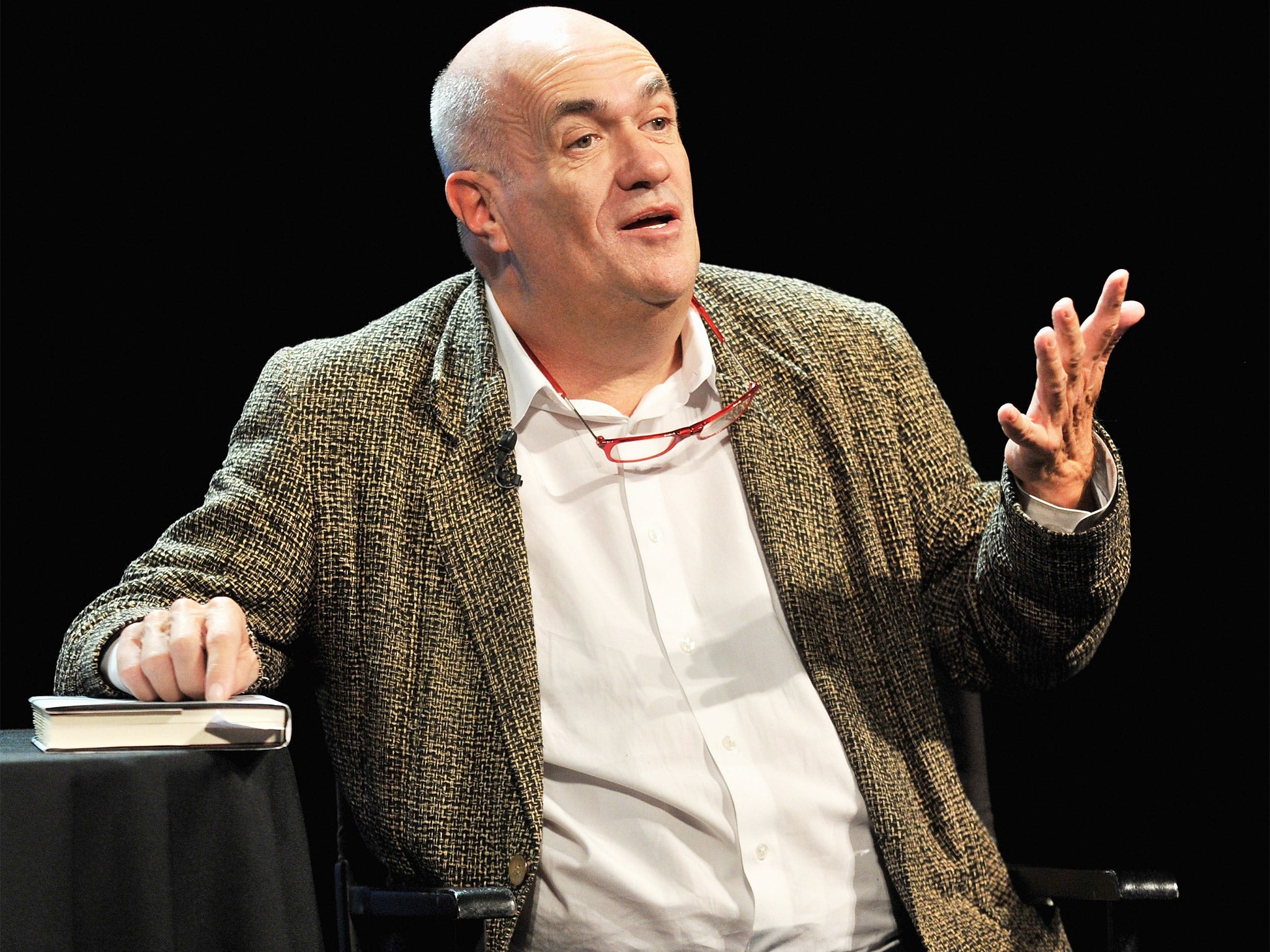
Your support helps us to tell the story
From reproductive rights to climate change to Big Tech, The Independent is on the ground when the story is developing. Whether it's investigating the financials of Elon Musk's pro-Trump PAC or producing our latest documentary, 'The A Word', which shines a light on the American women fighting for reproductive rights, we know how important it is to parse out the facts from the messaging.
At such a critical moment in US history, we need reporters on the ground. Your donation allows us to keep sending journalists to speak to both sides of the story.
The Independent is trusted by Americans across the entire political spectrum. And unlike many other quality news outlets, we choose not to lock Americans out of our reporting and analysis with paywalls. We believe quality journalism should be available to everyone, paid for by those who can afford it.
Your support makes all the difference.In 1996, when I had published my novel The Story of the Night – which is in part an account of the love between two men – I received a private letter from one of the most powerful men in Ireland, someone who was then and later a figure of immense influence in our public life. I had never met this man, and I was surprised by the tone of the letter, which was personal but also engaged, almost urgent. He said that it had never occurred to him, until he had read the book, that two men could fall in love in the way straight people do; that a man could wait for phone calls and messages from the loved one who was also a man; or that the two men could begin to long for and enjoy each other's company and thus become happy in the warm glow of love. He had thought being gay was merely about sex. A few weeks later, I met a prominent Irish feminist, someone who had been at the forefront of the women's movement here, and she too expressed surprise at the intensity of the relationship between the men in the book.
"They sound like straight people," she said. I told her that was because they were like straight people. They too wanted intimacy and love and ease in their domestic and family lives. They also wanted their relationship to be publicly recognised. They wanted to move out of the shadows and into the light.
I was concerned at the idea that these two educated, decent and liberal people could know so little about homosexuality. What I viewed as normal, they viewed as strange. What I viewed as an essential part of my life, they viewed as something they knew nothing about.
It struck me that they must, along the way, have worked with gay people; they probably had neighbours who were gay, they may have even had a family member who was gay, but in Ireland until recently gay people had a way of living in the shadows, not declaring ourselves. We had a sort of secret city – bars and discos, bath houses, websites, places of assignation – and some of us had become skilled at moving between these places as though we were invisible.
Invisibility became part of a survival mechanism. Its downside was that people simply did not know about us, and more importantly, did not know that our way of loving has the same contours and textures as anyone else's; the same fears and intensities; the same needs and comforts. One of those needs includes the need for the same rituals and the same constitutional protection as other people.
Over the years, as gay people have become more visible and confident and gay politics more settled and serious, then the history of what happened to us in the past has become a vital element in the creation of a gay identity – just as Irish history does in Ireland or Jewish history among Jewish people. But it's not simply a question of finding obscure traces of gay presence in the past; it includes writers who are clearly, or uneasily, gay and whose homosexuality has a considerable bearing on the themes and tones in their work.
Straight critics have tended to write about gay authors as though they were straight or as though it did not matter. The famous American critic Lionel Trilling, for example, published a book on E M Forster's fiction in 1943. But in 1972, he wrote to Cynthia Ozick that "it wasn't until I had finished my book...that I came to the explicit realisation that he was homosexual. I'm not sure whether this was because of a particular obtuseness on my part, or because homosexuality hadn't yet formulated itself as an issue in the culture. When the realisation did come, it at first didn't seem of crucial importance but then that view began to change."
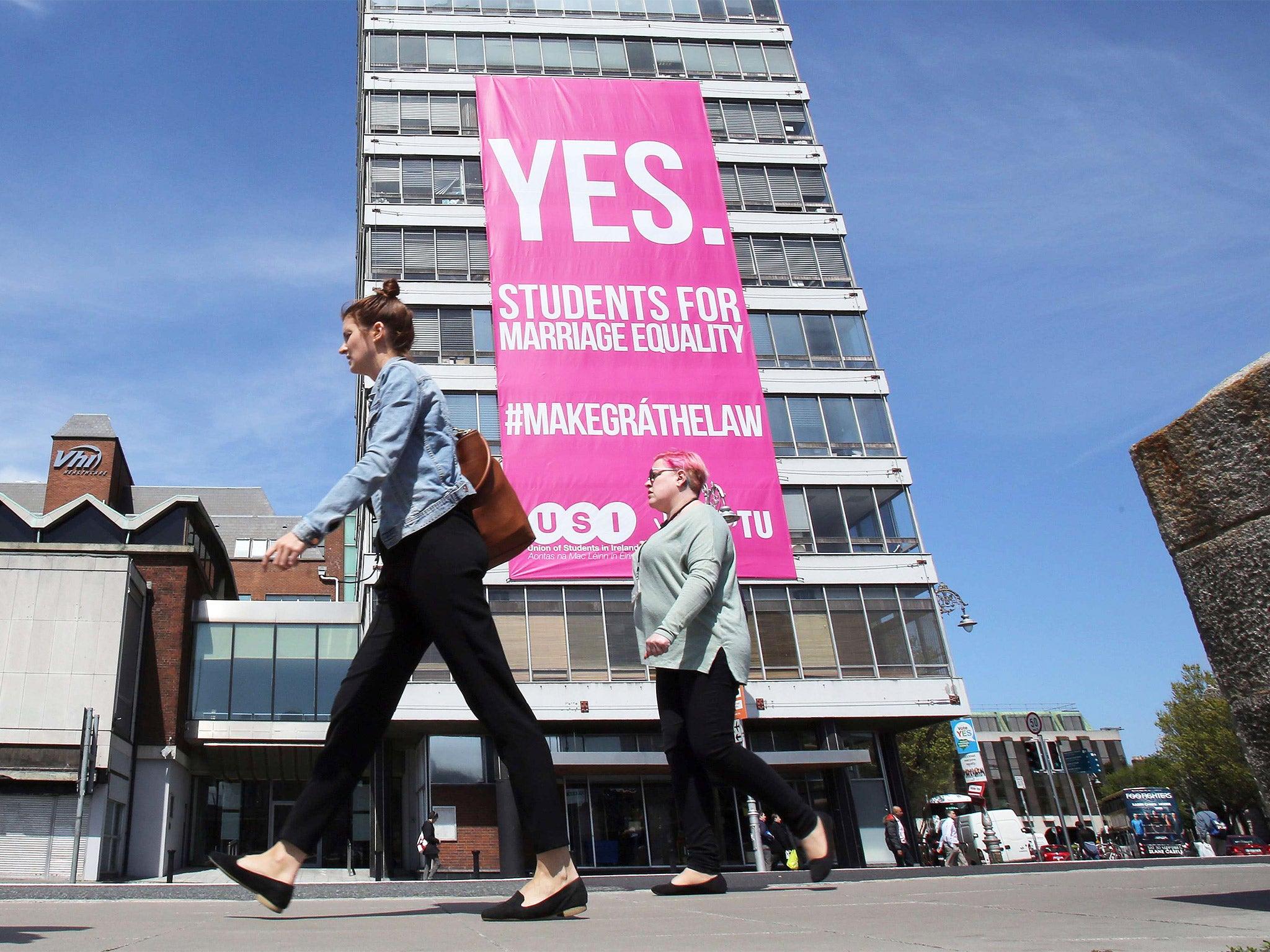
The gay past in writing is both explicit and hidden in a way that the gay present is, for the most part, only explicit. And since, soon, in the Western world, being gay will no longer involve difficulty in discrimination, how we read the past and judge the past are likely to become matters for great debate.
The temptation to make anachronistic judgements and ask anachronistic questions is hard to avoid. Why didn't E M Forster publish his only explicitly gay novel Maurice in 1913 when he wrote it? Why didn't the gay critic FO Matthiessen include references to gay writers in his book American Renaissance – and also why have gay lives been presented as tragic in so much writing? Other communities who have been oppressed – Jewish people, say, or Catholics in Northern Ireland – have every opportunity to work out the implications of their oppression in their early lives. They hear the stories; they have the books around them.
As gay people, on the other hand, we grew up alone. There is no history. There are no ballads about the wrongs of the past, and the martyrs are mostly forgotten. It is as though, in Adrienne Rich's phrase, if you were gay, "you looked into the mirror and saw nothing". Thus the discovery of a history and a tradition must be done almost by each individual, as though alone, as part of the road to freedom, or at least knowledge. This may be why the same-sex marriage referendum campaign that we are going through now has been so liberating for gay people and for our friends and families. It has allowed us to set out publicly and communally who we are and how we wish to be treated in our country in the future. It has allowed us to have a public debate with our entire nation about our need for recognition and equality. It has allowed us to speak openly about the terms of our love. The level of support has been heartening, encouraging, inspiring. After 2015, it is unlikely there will be many people in Ireland who will not know about us, or have a sense of how ordinary our desires are, or see how normal and middle-of-the-road most of us are.
As of now we have, it seems, no wish to question marriage as an institution, or undermine the centrality of the family under the Irish constitution. Instead we seek to embrace marriage and strengthen the idea of the family and our involvement in it. We seek to enhance the institution of marriage. We want to make the same vows as others do, for the same reasons. We want to live in the ease and with the protection which marriage offers. It is not hard to see how much happiness and relief this will bring to us and to our families. It is, however, hard also to see how this will adversely affect other people who already enjoy the benefits of marriage – the majority of whom will, we hope, be generous enough to want to allow us to share what they already have. And what we want is strangely simple: we want to be included.
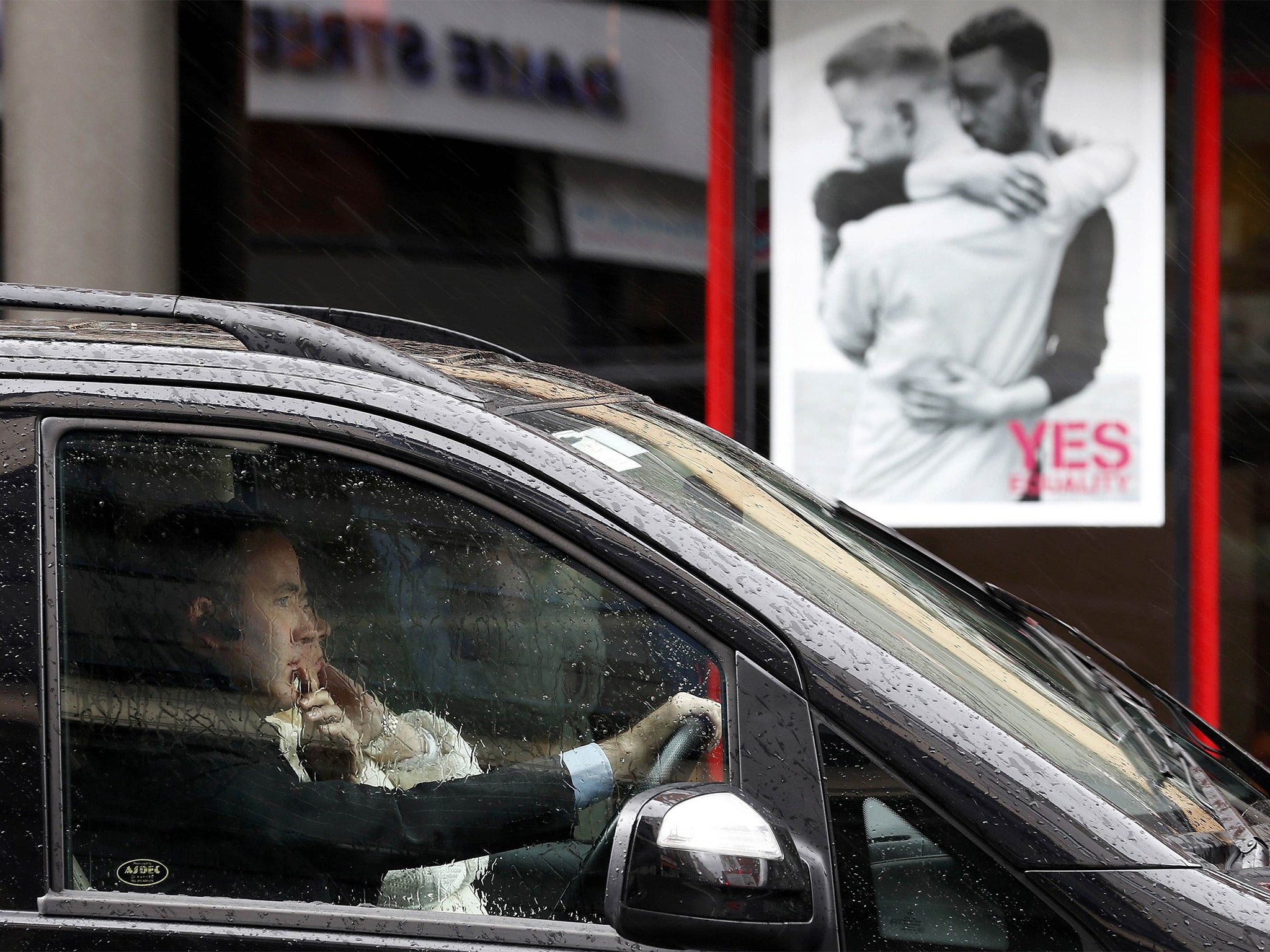
The conflict between the desire for inclusion and the strategy of being invisible has roots in the gay past. Perhaps the two most prominent Irish homosexuals in the past were Oscar Wilde and [the Irish diplomat, campaigner and poet] Roger Casement. To the detriment of Casement, and perhaps Wilde too, they left more signs than most of what their desires were and how they acted on them. They also left considerable evidence of the complexity of their sexuality; how much they were able to conceal and deny, even to themselves.
There are moments in the diaries of Roger Casement that bear a surreal and uncanny similarity to some of the letters by Oscar Wilde. In August 1876, for example, when Wilde was 22, he wrote to William Ward about their mutual friend Charles Todd: "In our friend Todd's ethical barometer, at what height is his moral quicksilver? Last night I strode into the theatre about 10 o'clock and to my surprise saw Todd and young Ward, the choir boy, in a private box together...I myself believe Todd is extremely moral and only mentally spoons the boy, but I think he is foolish to go about with [him]."
In April 1903, when Roger Casement was 39, he noted in his diary that there was a suicide in Paris, of Sir Hector MacDonald, who had been charged with homosexual activities. He wrote: "The reasons given are pitiably sad; the most distressing case this, surely, of its kind and one that may wake the national mind to saner methods of curing a terrible disease than by criminal legislation." That terrible disease was homosexuality. And while it's possible that Wilde, at 22, was not fully alert to his own homosexuality, Casement had by then had many sexual experiences which he recorded in the very same pages as he recorded the suicide of Hector MacDonald, and he's seen sort of distancing himself from the idea of homosexuality.
It's easy to see why homosexuals in this dark time, when everything was forbidden, and every rule was there to be broken, created doubles – not only for the public but oddly enough, privately within themselves. They made their own Dorian Greys, or they disguised them. They moved in solitude as well as in society, from being Dr Jekyll to Mr Hyde or the other way around, and it's easy to read their doubleness as an aspect of their homosexuality, or an aspect indeed of homosexuality itself.
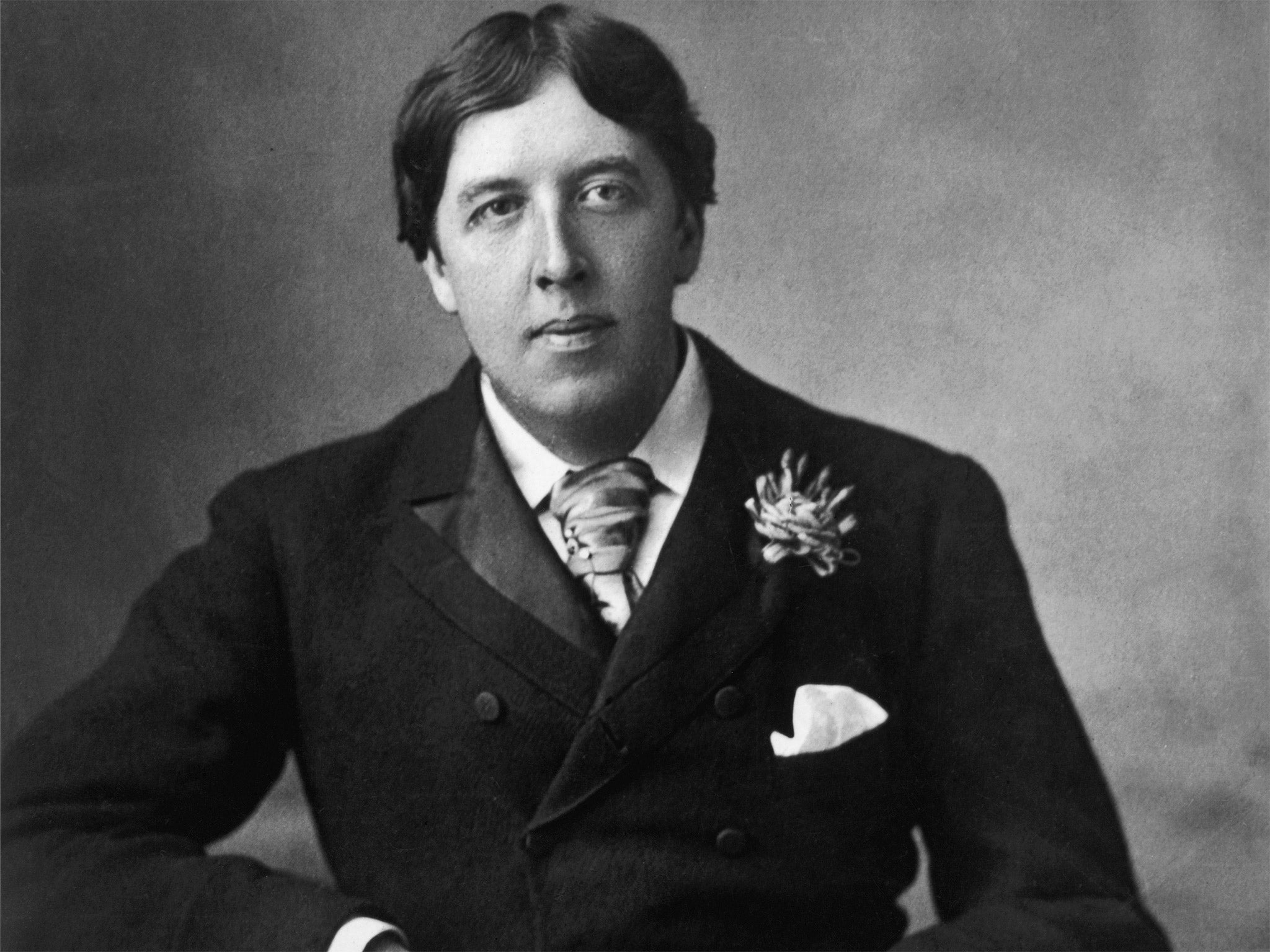
The battle for recognition by gay people in Ireland, our search for visibility, and the end of discrimination began in earnest 35 years ago when [the Irish politician] David Norris brought a case in the High Court, to have the Victorian laws which put Oscar Wilde behind bars and ruined his life declared repugnant to the Irish constitution – and during the days when evidence was being heard, I went down to the forecourts three or four times.
This was before serious journalism had developed in Ireland and – it's almost impossible to imagine this – the newspapers took all their coverage from a single court reporter and published merely the bare facts of the hearing: no reporters standing outside, no colour pieces, no drawings and no attempts to describe what was really happening in the court. There was no one writing about those tiny moments in the hearing which made all the difference. Nor did a court room with its adversarial tradition seem the best place to explain that being gay in a repressive society affects every moment of your life; every time you look, think, remember, imagine. All these things are clouded by what is forbidden and secretive.
In George Orwell's 1984, the most severe punishment for citizens was to forbid them the right to love. To most readers of the book this seemed cruelly far-fetched and almost impossible. For most gay people it was a nightmare we inhabited – by pretending, sometimes even to ourselves, that it was nothing. It something that would not easily change, something dangerous to complain about. It was best to carry on as though it were a dream, and the real issues – the more substantial ones, such as real politics or the economy – were more worthy of public discussion.
The law forbidding us to love as others do affected us and still does in ways so basic as to be obvious only to us and almost impossible to explain to a senior counsel paid to pick holes in an argument and suggest that what the witnesses are saying should be discounted. But one extraordinary moment in the proceedings was when a priest, a sort of liberal priest, gave evidence in favour of Norris. He was suggesting, very subtly, ways of interpreting the Bible which would not preclude a civilised country from having laws against homosexuality declared repugnant to its constitution. And in one moment under fire, the priest used the word "we" when referring to homosexuals.
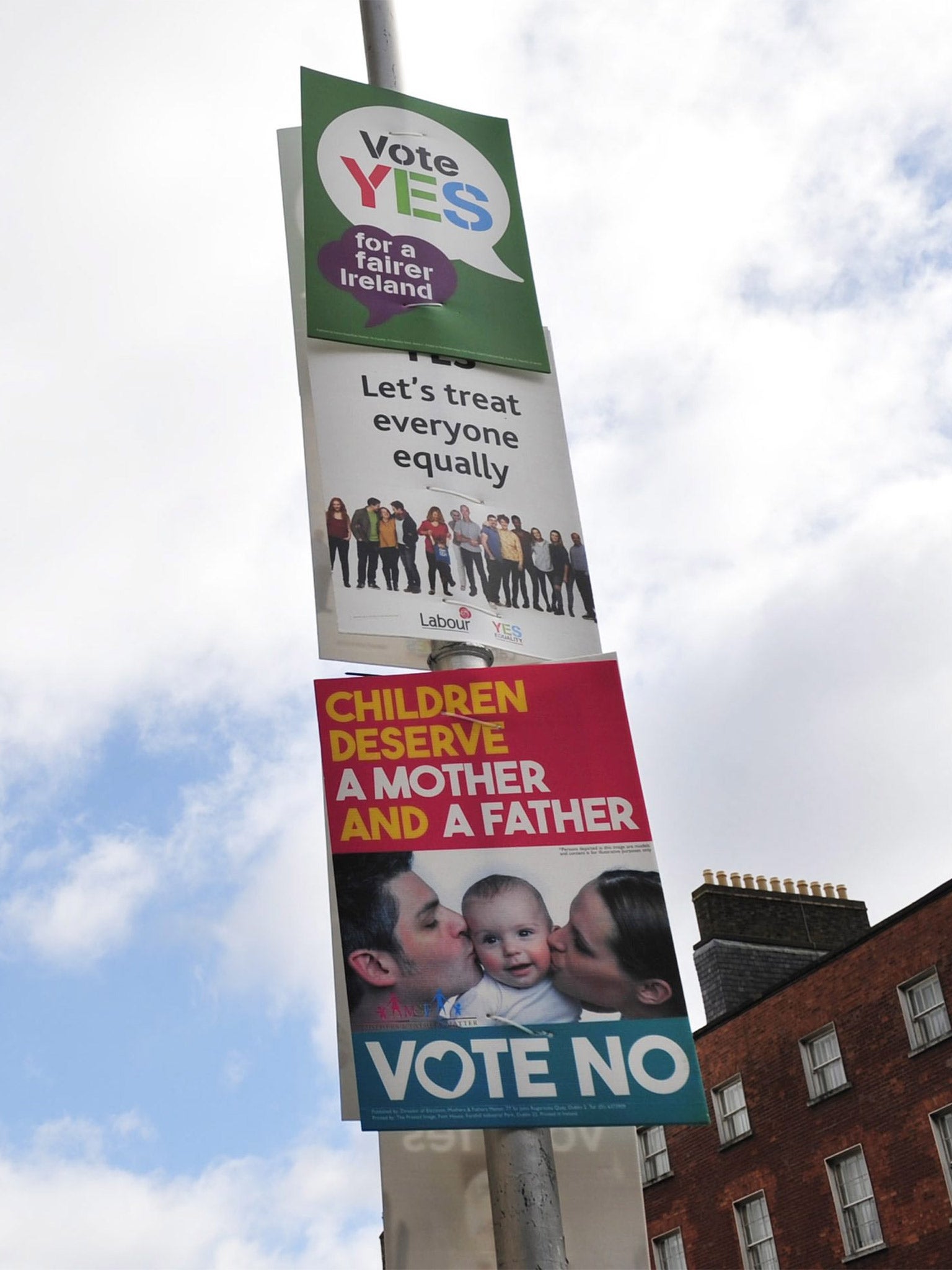
Counsel stopped. There was absolute silence in the court and he looked at the priest and said quietly: "Father, did you say 'we'?" A chilly wind blew through that court and for days afterwards that question stayed in my mind. So I was not surprised when David Norris lost his case. But now we can win. We can win the right to marry on 22 May, and it will lift a great weight from us and those who wish us well; it will be a liberation for us, and a milestone in the history of increasing tolerance in Ireland.
In 1941, the Irish novelist Kate O'Brien published The Land of Spices, one of her best novels, and one of the greatest novels ever written about the religious life. Towards the end of the third chapter, the young Helen Archer, who will later become a Reverend Mother, comes home unexpectedly from school in Brussels and sees her father and another man "in the embrace of love". This single image, the only reference to homosexuality in the book, is all the more explosive and dynamic because of that. For those four words – "the embrace of love" – the book was banned by the Irish Censorship Board.
They are the very words now that, in this campaign, animate us and nourish us. Because we are not talking about abstract rights, abstract discrimination. We are not even talking about sexuality. Rather, we are talking about love; about the embrace of love; about how our love equals the love of our fellow citizens who are heterosexual, and how right and necessary it seems to us – indeed how much of an imperative – that our love should be ritualised and copper-fastened and celebrated in marriage in the same way as everybody else's love.
Kate O'Brien, who was a great stylist, was also a writer with a keen, brittle mind and a sharp eye. A tremendous maker of phrases, she mixed irony and sympathy in equal measure. And as we come up to voting day, it seems fitting to invoke her great old spirit.
Helen's father and the man in her novel were not merely embracing, but "in the embrace of love" – and it was perhaps that idea which so disturbed the censors: that there was someone not willing to caricature sexual relations between men, but rather to offer them dignity and suggestiveness, and then bring in the word, the word that should dominate our thinking and our argument. And that word is "love".
This is an abridged and edited version of a speech given by Colm Tóibín on 14 May at Trinity College Dublin entitled 'The Embrace of Love: Being Gay in Ireland Now'. Colm Tóibín's latest book is 'Nora Webster' (Penguin £7.99)
Subscribe to Independent Premium to bookmark this article
Want to bookmark your favourite articles and stories to read or reference later? Start your Independent Premium subscription today.
Join our commenting forum
Join thought-provoking conversations, follow other Independent readers and see their replies
Comments